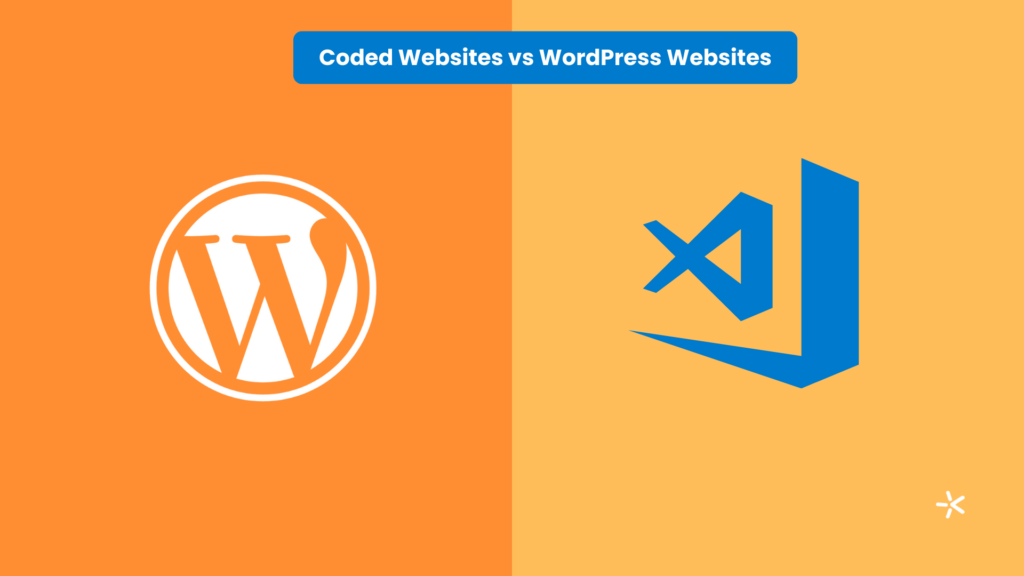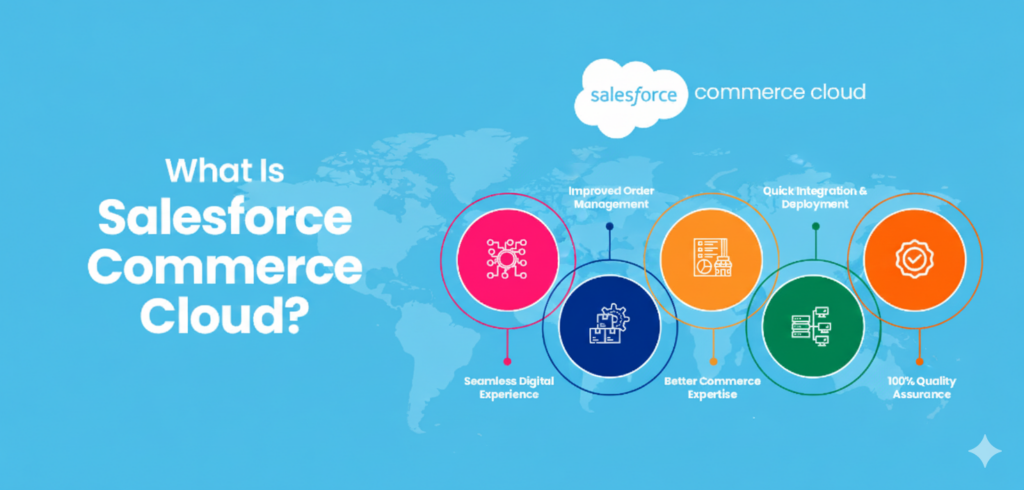Website Cost Calculator
Easily calculate the cost of your Business website or eCommerce website with us. Get a free on-demand quotation on your next big idea.
Get Free Online Consultation Now!!
What Is IT Outsourcing: A Brief Overview
IT outsourcing is a strategic move to optimize and streamline your business operations. At its core, it involves contracting out IT functions to external providers. But what does this look like in practice? Let’s find out:
Types of IT Outsourcing Services
- Staff Augmentation: Need extra hands on deck? This model lets you bring skilled professionals on board to work alongside your in-house team.
- Project-Based Outsourcing: Have a specific project in mind? You can outsource the entire thing, from planning to execution.
- Managed Services: Hand over entire IT functions to a third-party provider. They’ll handle everything from infrastructure management to cybersecurity.
- Cloud Services: Leverage remote servers for data storage, processing, and management.
- Software Development: From custom applications to product development, outsource your software needs to a dedicated service provider.
More often than not, most enterprises use a mix of these services to meet their business needs and goals.
Why to Choose IT Outsourcing Services - Top 6 Reasons
In my years of experience, I’ve seen countless companies transform their operations through IT outsourcing. Let’s go over the primary factors driving this trend, and you’ll see why it might be the right move for your business too.
1. Innovation on Demand
For instance, a mid-sized retailer I worked with wanted to implement AI-driven inventory management. By leveraging their outsourcing partner’s expertise, they implemented a sophisticated system in a fraction of the time and cost it would have taken to build an in-house team.
This is a 100% foolproof way to stay competitive in this cutthroat market without diverting resources from their core business.
Moreover, outsourcing partners often bring fresh perspectives and cross-industry insights. They’ve likely solved similar problems for other clients, allowing you to benefit from tried-and-tested solutions and avoid common pitfalls.
This external viewpoint can be invaluable in breaking through internal biases and fostering genuine innovation.
2. Economical Viability
Let’s talk numbers. When you outsource IT services, you’re looking at potential savings of 20-30% on operational costs. How? Well, you’re essentially tapping into economies of scale. Outsourcing providers spread their overhead across multiple clients, passing those savings on to you.
With outsourcing, you are also avoiding hefty upfront investments in infrastructure and software licenses. Think about it: no need to maintain expensive data centers or constantly upgrade hardware. Plus, you’ll sidestep the ongoing costs of training and retaining in-house IT staff.
Companies that outsource often report improved financial flexibility. They can allocate those saved resources to other important areas of their business. That said, the cheapest option isn’t always the best. Focus on value – the balance between cost and quality of service.
3. Geo-Diverse Problem Solving
The concept of geo-diverse outsourcing goes beyond simple time zone differences. It’s about creating a continuous cycle of productivity and problem-solving that can significantly accelerate your business processes.
In practice, this means issues can be addressed around the clock. For example, a U.S.-based company I advised had development teams in Eastern Europe and quality assurance teams in India. This setup allowed for a 24-hour development cycle – as one team ended their workday, another would pick up where they left off.
Different teams bring diverse cultural and educational backgrounds to the table which leads to more creative and comprehensive solutions.
4. Strategic Risk Sharing
Staying ahead of threats and compliance issues is a full-time job in itself, isn’t it?
When you partner with an outsourcing provider, you’re essentially sharing the burden of risk management. These providers often have extensive experience dealing with a wide array of technological challenges across various industries.
They invest heavily in staying current with the latest security protocols, compliance requirements, and best practices.
For instance, I’ve seen outsourcing partners help companies navigate complex issues like GDPR compliance, cybersecurity threats, and rapid technological obsolescence.
They often have established frameworks and processes for risk assessment and mitigation that would be costly and time-consuming for individual companies to develop on their own.
This collaborative approach to risk mitigation is particularly useful for smaller companies or those in highly regulated industries, allowing them to implement enterprise-grade risk management practices without the associated overheads.
5. Faster Time-to-Market
In the business world, timing is everything. Outsourcing can significantly speed up your product development and deployment cycles. How? Well, IT service providers often have established processes and frameworks that allow for rapid development and testing.
They can hit the ground running on your projects, without the learning curve an in-house team might face. Moreover, with their vast resources, they can work on multiple aspects of a project simultaneously. This parallel processing can dramatically reduce your time-to-market.
Consider this: while your in-house team focuses on core product features, the outsourced team can handle integration, testing, and deployment. It’s like having an extra gear in your development engine. Faster time-to-market doesn’t just mean beating competitors to the punch.
It also means you can iterate quickly based on market feedback, staying agile and responsive to customer needs. Unpredictability in business is the norm, not the exception. IT outsourcing equips your company with the tools to thrive amidst constant change
6. 24/7 Service Availability
In our interconnected world, downtime is more costly than ever. Did you know that for a Fortune 1000 company, the average cost of a serious application failure is $500,000 to $1 million per hour?
With 24/7 support, you can schedule maintenance and updates during your off-hours as well. This ensures your systems are always up-to-date and running smoothly when you need them most.
Moreover, continuous IT support allows you to extend your own service hours. You can offer customer support or run operations across different time zones without putting undue stress on your in-house team.
How to Choose the Right IT Outsourcing Partner
For startups, this means you can focus entirely on your core product or service without getting bogged down in IT infrastructure concerns. You’ll have scalable, secure, and cutting-edge IT systems without the upfront investment or the need to build an in-house IT team.
Here’s what you should focus on when choosing an IT outsourcing partner for your business:
- Technical Expertise: Look for providers with proven experience in your industry. Ask for case studies and client testimonials to verify their capabilities.
- Cultural Fit: You know what’s often overlooked? The importance of aligning work cultures. A provider whose values and work style match yours can lead to a more productive partnership.
- Communication: Clear, timely communication is crucial. Assess potential partners’ responsiveness during initial interactions.
- Scalability: Your business needs may change over time. Ensure the provider can scale their services up or down as required.
- Security Measures: Data protection is paramount. Inquire about security protocols and compliance certifications.
- Pricing Model: Understand the pricing structure thoroughly. The cheapest option isn’t always the best value in the long run.
A Few Red Flags to Watch Out For:
- Overpromising: If it sounds too good to be true, it probably is. Be wary of providers who promise the moon.
- Lack of References: A reputable provider should have a list of satisfied clients. If they’re reluctant to share references, that’s a red flag.
- Poor Communication: If they’re hard to reach or unclear during the selection process, imagine how frustrating it’ll be when you’re working together.
- Inflexibility: Your outsourcing partner should be willing to adapt to your needs, not force you into their mold.
- Outdated Technology: Providers using outdated tools often lead to subpar results. Choose an outsourcing company that remains on the cutting edge so you can too.
Finding IT services for startups is a big decision. The most successful outsourcing relationships often start with a thorough vetting process So, take your time, do your homework, and trust your instincts. The right partner can propel your business forward, while the wrong one can lead to headaches and setbacks.
Final Words
IT outsourcing companies are typically measured by their impact on your business, not just their ability to keep systems running. Outsourcing is a value-driven approach that enables companies to constantly leverage technology to solve real business problems, rather than just keeping the lights on.
It also levels the playing field for startups and SMEs, making them capable of competing with larger, more established companies right out of the gate.







3 Responses
Great blog! You’ve outlined the benefits of IT outsourcing services so clearly. The six reasons are compelling and make a strong case for why businesses should consider outsourcing. A very informative and engaging read!
Great article! You’ve clearly explained the key advantages of IT outsourcing. It’s true that partnering with professional teams helps businesses save time, reduce costs, and focus on their core goals. I especially liked the point about gaining access to expert support without the overhead of in-house staffing. Companies looking for reliable IT services Austin providers can really benefit from these insights — outsourcing ensures consistent performance, proactive monitoring, and scalable solutions tailored to business needs. Thanks for sharing such valuable information!
Great article! You’ve clearly explained the key advantages of IT outsourcing. It’s true that partnering with professional teams helps businesses save time, reduce costs, and focus on their core goals. I especially liked the point about gaining access to expert support without the overhead of in-house staffing. Companies looking for reliable it services austin providers can really benefit from these insights — outsourcing ensures consistent performance, proactive monitoring, and scalable solutions tailored to business needs. Thanks for sharing such valuable information!